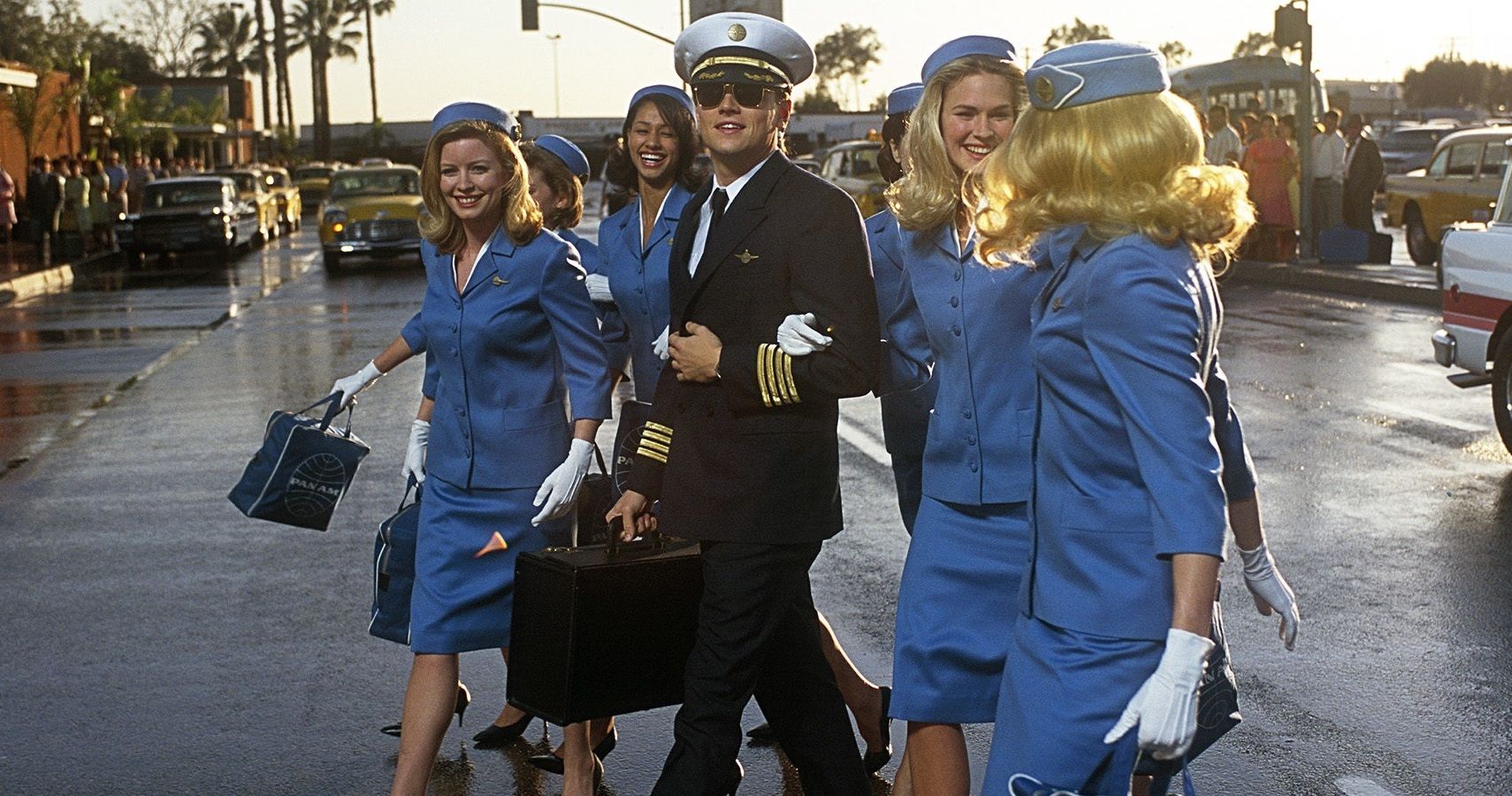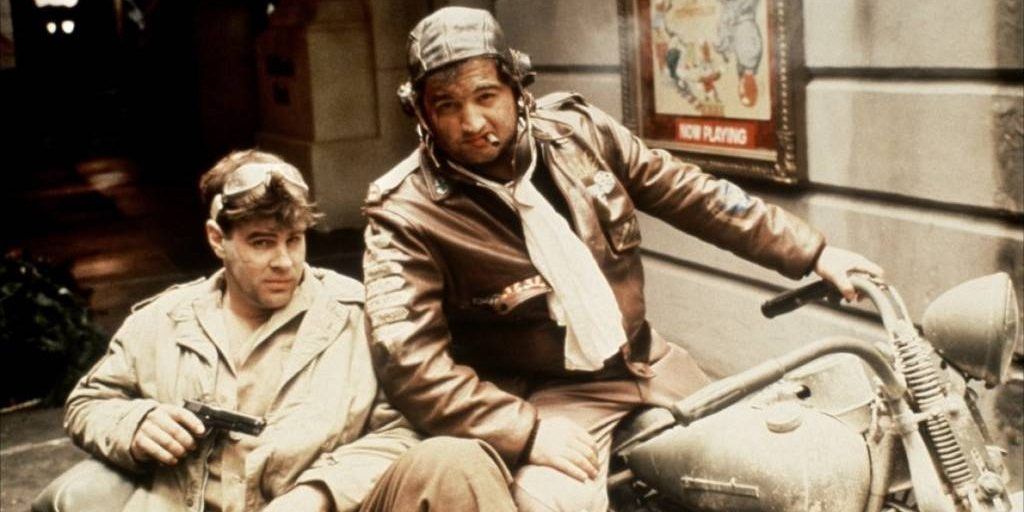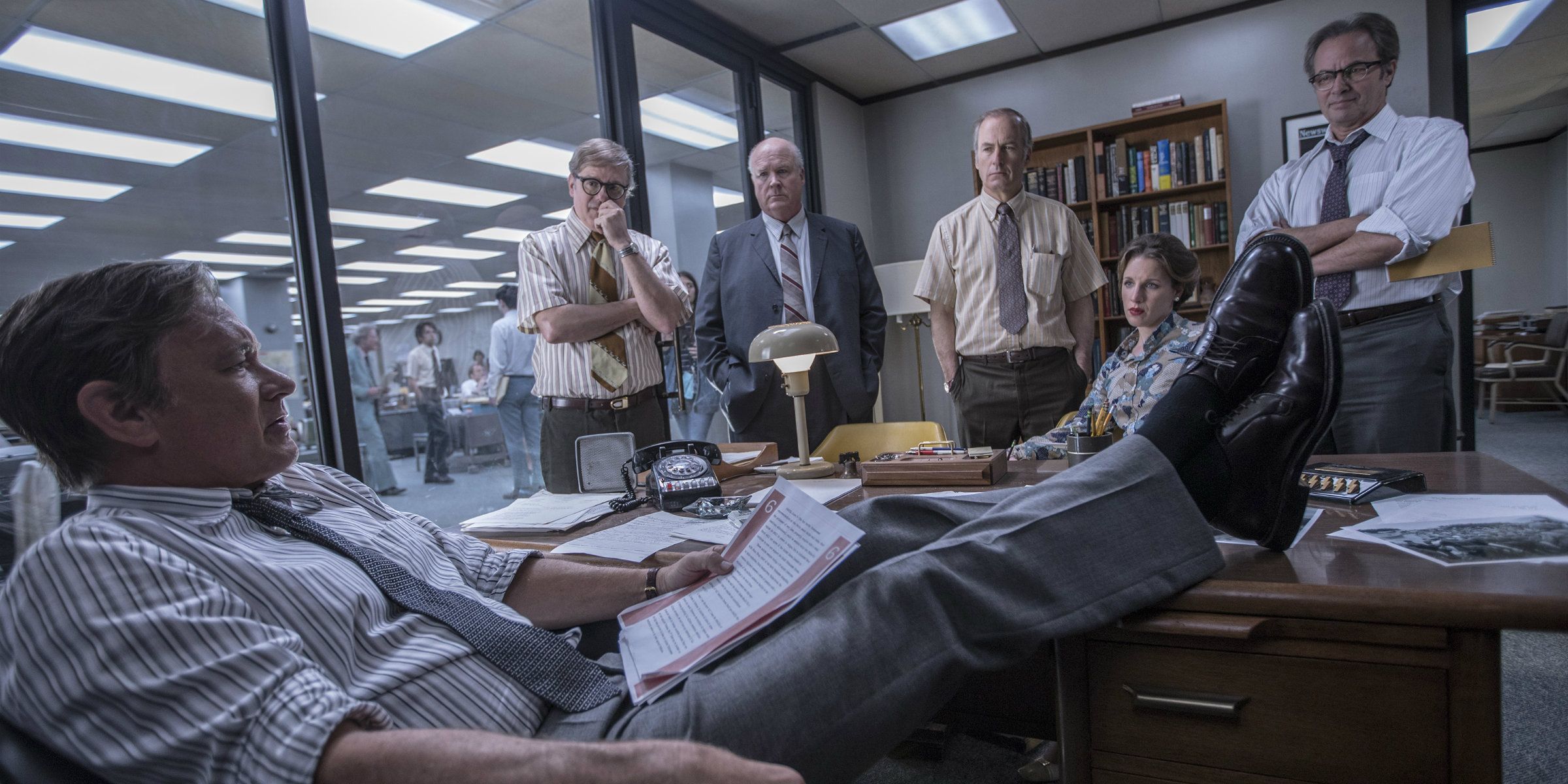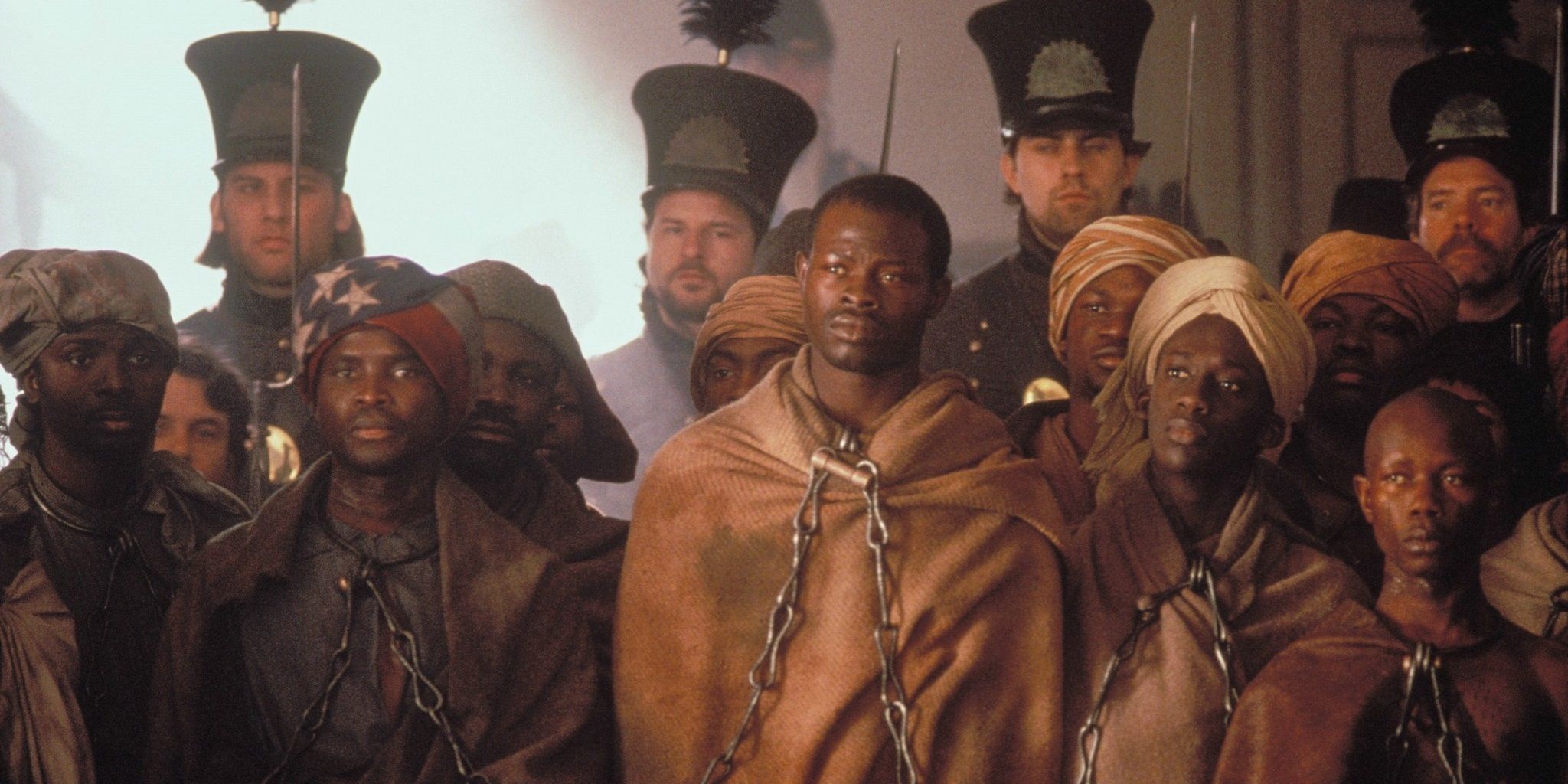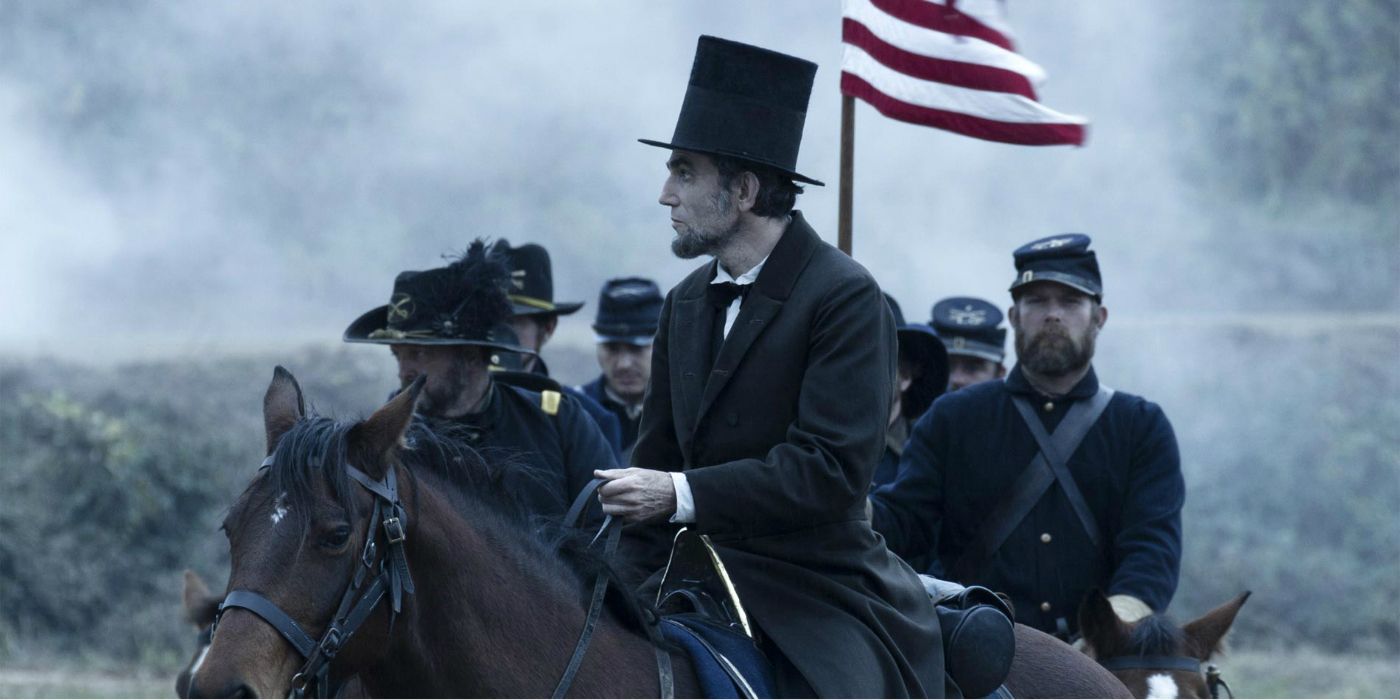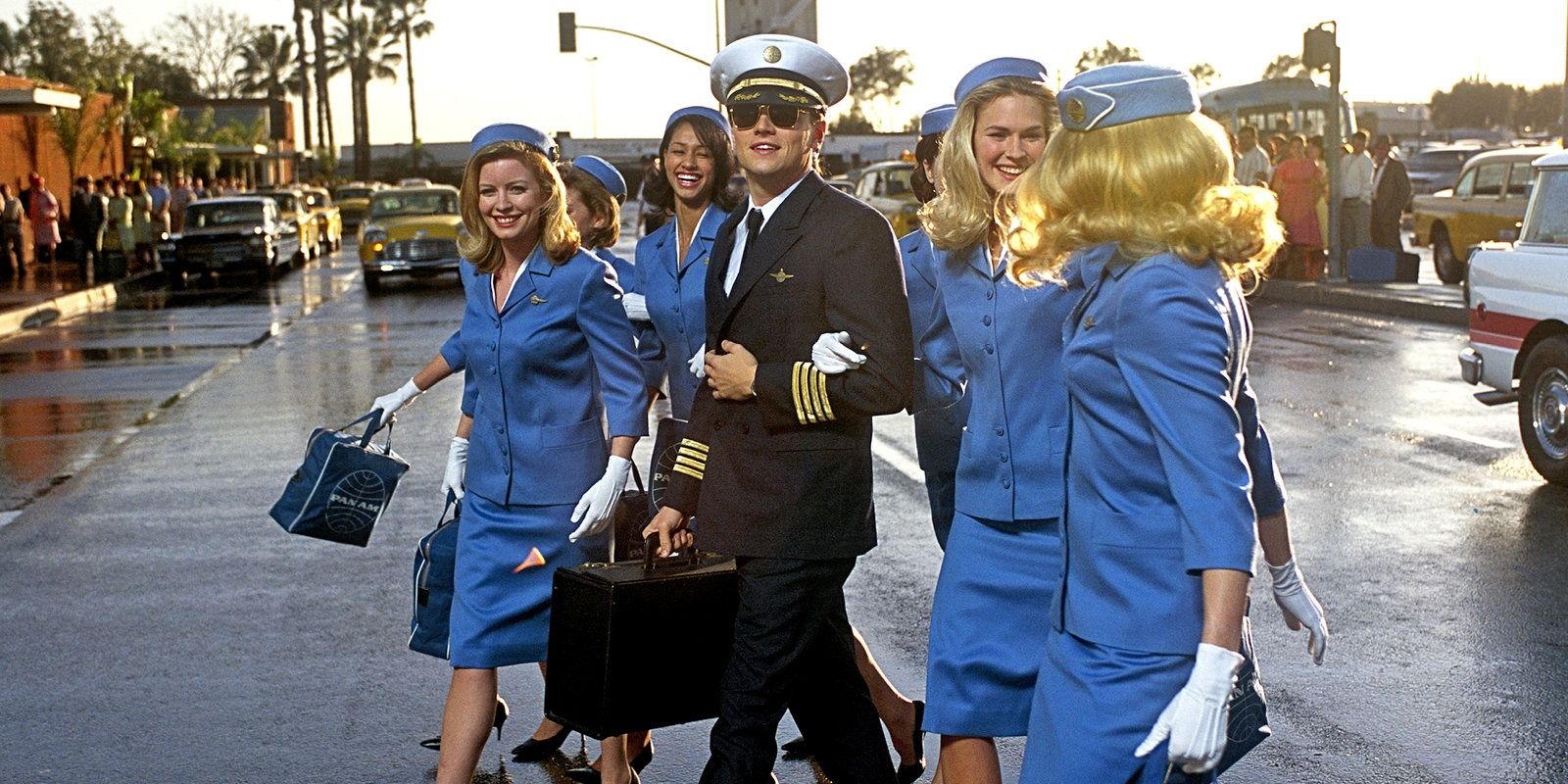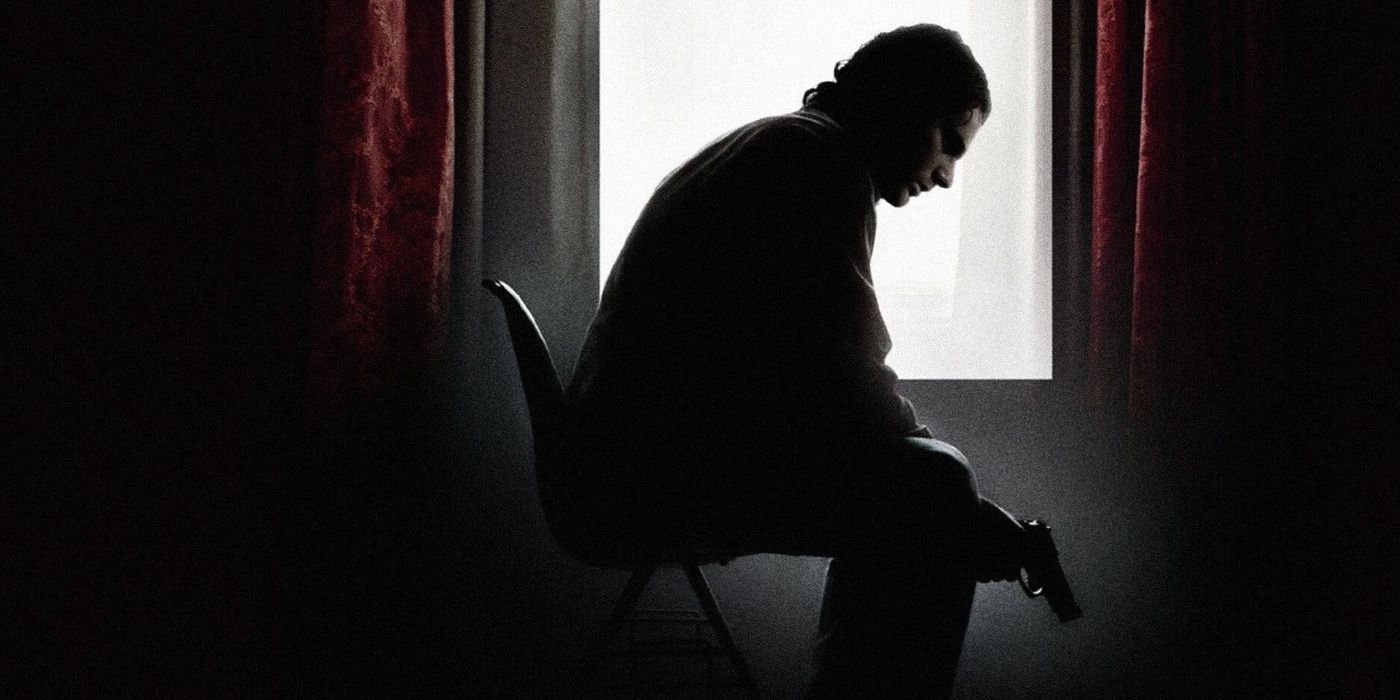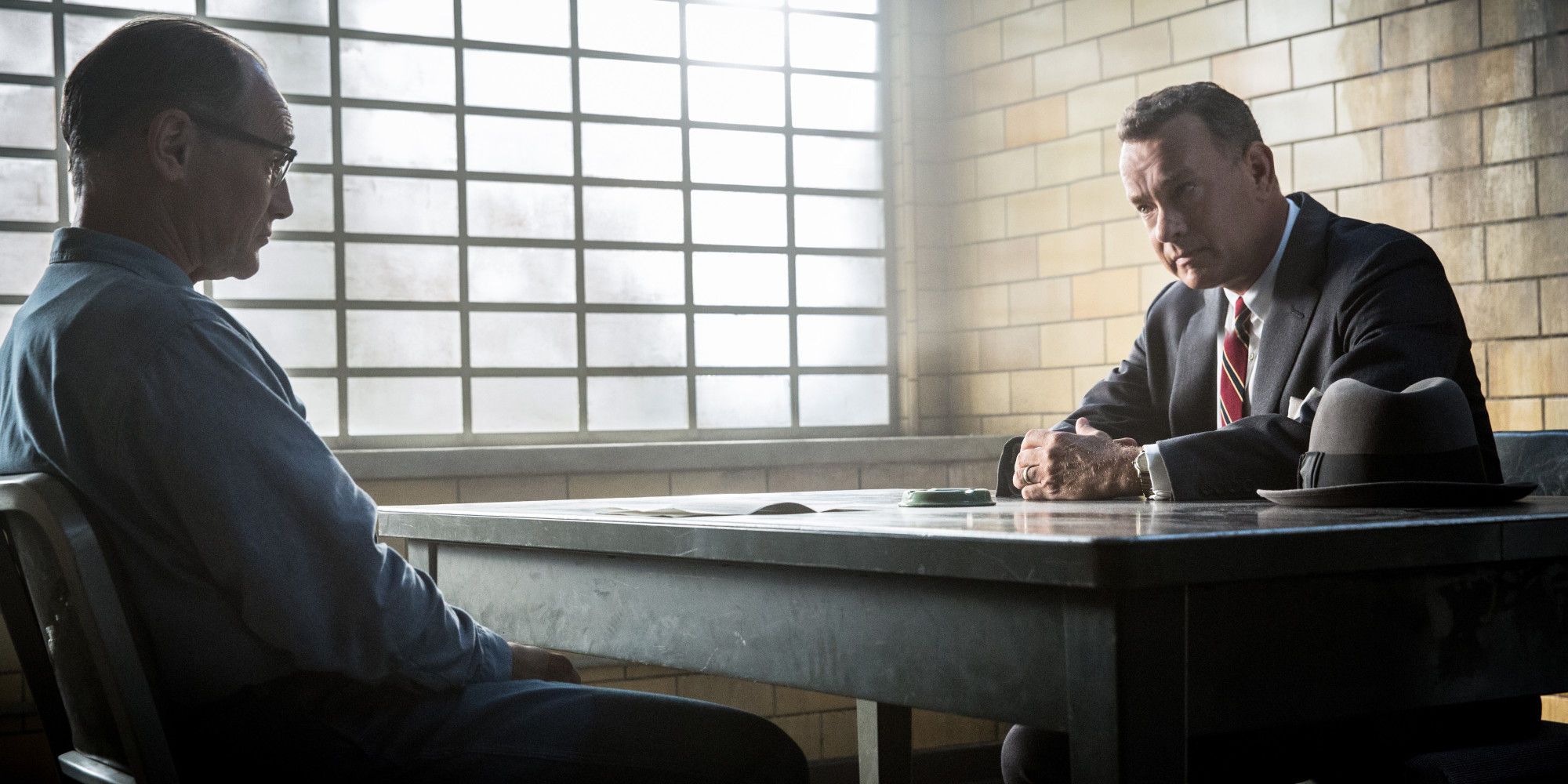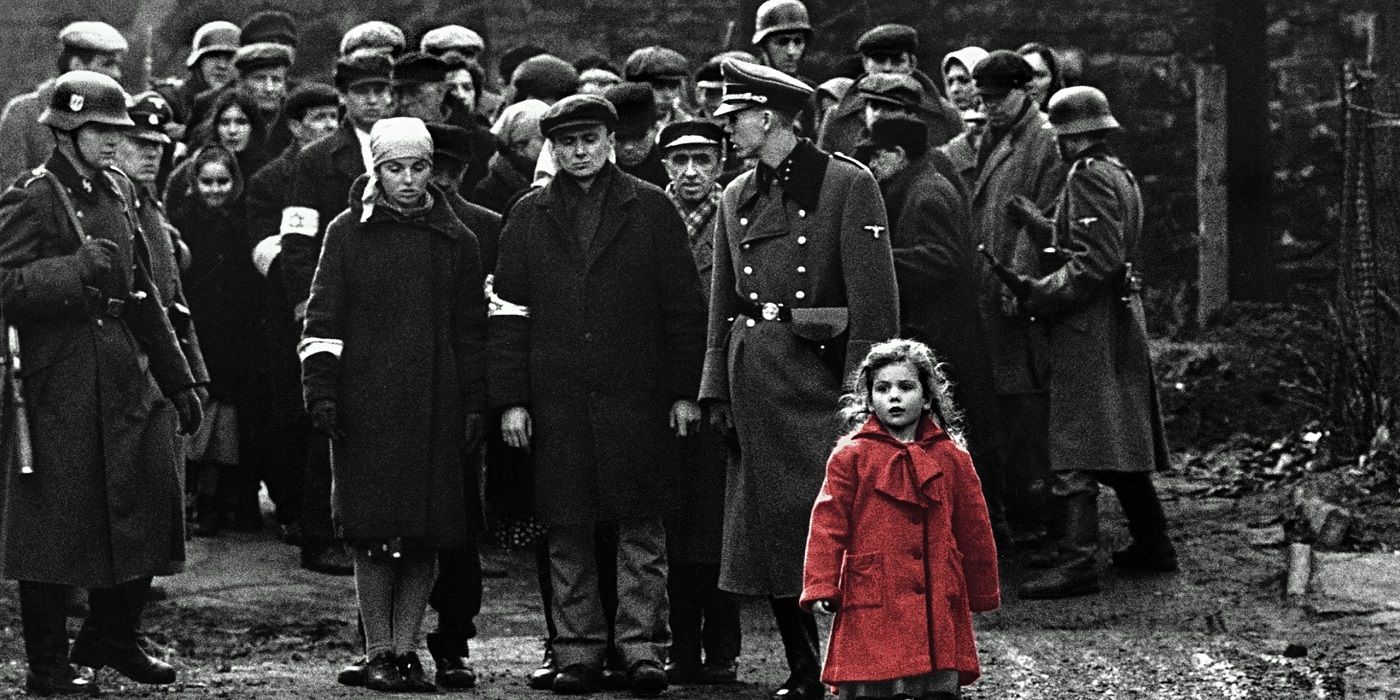Steven Spielberg is renowned as one of the greatest directors who ever lived, and he’s found success with all kinds of movies. Whereas a lot of directors pigeonhole themselves to one genre or style, Spielberg has dabbled in almost every cinematic category. He’s done suspense, romance, action-adventure — and plenty of historical dramas.
Like his contemporary Martin Scorsese, Spielberg has based a lot of his movies on true-to-life events. Sometimes, real life comes up with more interesting stories than a writer with the deepest, widest imagination could ever think of. Here are All Of Steven Spielberg’s Movies Based On Real Events, Ranked.
1941
Although it has gone on to achieve cult classic status, 1941 is one of Steven Spielberg’s few resounding failures. It’s the movie that made him realize he wasn’t cut out for comedy. It’s an It’s a Mad, Mad, Mad, Mad World-style epic satire about fear and paranoia in the Los Angeles area following the Japanese attack on Pearl Harbor that instigated America’s involvement in the Second World War.
Despite the best efforts of some of the funniest people who ever lived, including SNL legends John Belushi and Dan Aykroyd, and a couple of chuckle-inducing gags, the movie falls far short of a comedy classic.
The Post
Steven Spielberg found the time to shoot The Post while Ready Player One was in its lengthy post-production phase. Pretty much every shot in that movie contained at least some visual effects — and the OASIS scenes were 100% CGI — so Spielberg had a few months before diving into the edit. (He did the same thing when he shot Schindler’s List during the VFX stage of Jurassic Park.)
The Post stars Tom Hanks and Meryl Streep and tells a Vietnam War-era story that feels all-too-relevant in today’s times, with an important message about the role of the free press in political matters. Unfortunately, the execution is pretty by-the-numbers.
Amistad
Although it doesn’t quite stack up with the greatest cinematic studies of American slavery, the incredible true story behind Amistad is enough to carry it. It tells the story of the 1839 voyage of the slave ship La Amistad, on which the abducted Mende tribesmen were being transported to America to be sold into the slave trade. Just off the coast of Cuba, the tribesmen managed to take control of the ship, and the movie follows the ensuing legal battle.
Spielberg’s wholesome filmmaking style somewhat sanitizes the historical horrors that this movie is based on, but everyone in the cast – from Morgan Freeman to Anthony Hopkins – gives a fantastic, gripping performance.
Lincoln
Spielberg’s biopic of Abraham Lincoln focuses mainly on his efforts to abolish slavery and end the Civil War. Daniel Day-Lewis is captivating as usual in the title role, while the supporting players (Sally Field, Tommy Lee Jones, Adam Driver) all give fine performances, too.
The climactic sequence doesn’t involve any explosions or gunfire or falling skyscrapers; it simply sees representatives from every U.S. state voting on Lincoln’s proposal to abolish slavery. Trust Spielberg to make a scene where politicians sit in a room and give the thumbs-up or thumbs-down to a bill cinematic and riveting. The content isn’t particularly exciting; it’s the context and what’s at stake that make it exciting.
Catch Me If You Can
Leonardo DiCaprio makes for a compelling lead in one of his finest starring roles as infamous con man Frank Abagnale, Jr. in this biopic. Tom Hanks co-stars as the FBI agent on his tail in a fun cat-and-mouse dynamic. Spielberg made the movie as a comedy, essentially, and it’s probably his funniest film to date. And to be fair, this was the right tone. A lot of Abagnale’s cons were funny. As a teenager, he convinced an airline that he was a pilot and collected paychecks from them for months.
Unlike another DiCaprio role, Jordan Belfort, Abagnale didn’t scam regular people out of their money. He conned banks and corporations. So, it feels okay to root for him.
Munich
Spielberg’s 2005 historical thriller Munich chronicles Operation Wrath of God, the Israeli government’s top-secret revenge against the Palestine Liberation Organization in response to the Munich massacre, which was carried out by a Palestinian terrorist cell known as Black September at the 1972 Summer Olympics.
Engulfed in controversy, it’s a fictionalized retelling of the historical events starring Eric Bana as a Mossad agent whose personal life conflicts with his career as a government-sanctioned killer. Spielberg used all the classic motifs and filmmaking techniques of old spy movies in recreating Operation Wrath of God on the silver screen, and it’s breathtaking.
Bridge of Spies
Beautifully capturing the Cold War aesthetic, Bridge of Spies tells the true story of a mild-mannered Soviet spy, Rudolf Abel, living in New York who is captured and assigned an American lawyer, James Donovan. Donovan is expected to phone in the case, defending Abel more as a formality, but he causes waves of controversy and becomes a social outcast when he brings his A-game, figuring that, politics aside, Abel has the right to a fair trial.
Tom Hanks and Mark Rylance are riveting as Donovan and Abel, respectively. Donovan ends up brokering a deal with the Soviet Union to trade Abel for CIA pilot Gary Powers, who was shot down over the USSR. It’s not an action-packed movie, but it does have that intensity, as the stakes are high and every conversation, no matter how normal, could go south at any moment.
Schindler’s List
Perhaps the definitive cinematic portrayal of the Holocaust, Schindler’s List has an oddly hopeful message. Oskar Schindler was a German businessman, and the movie doesn’t immediately paint him as a hero, because it took him a long time to come around. For years, he was a member of the Nazi Party, turning a blind eye to the horrors of the Holocaust. When he couldn’t ignore it anymore, he took action.
In depicting one of the worst atrocities in human history, the mass extermination of millions of people, Spielberg told the story of the 1,200 people who were saved by a guilty industrialist. At the end of the movie, Schindler isn’t happy about the lives he saved; he’s just remorseful about the lives he didn’t.

